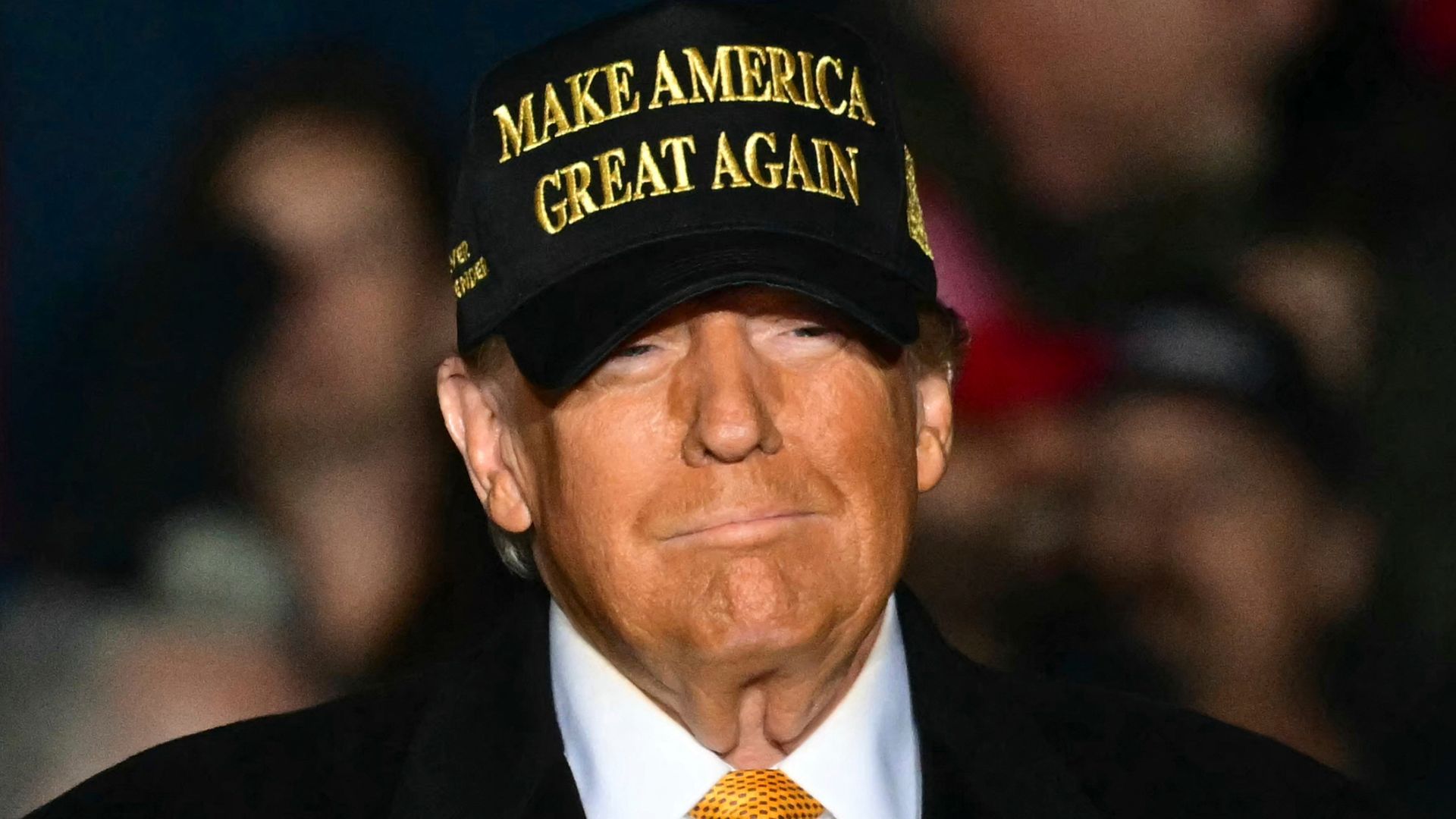China has, as expected, hit back at Donald Trump’s imposition of a 10% tariff on its exports to the United States.
Beijing has slapped levies of between 10-15% on a range of energy products that imports from the US.
But what has surprised observers – particularly when Mr Trump kicked off the trade war over the weekend – has been the president’s comparatively lenient treatment of China and, moreover, Beijing’s calm response.
While America’s two closest neighbours, Canada and Mexico, were hit with 25% tariffs (falling to 10% for Canadian energy exports) – since put on ice – China was merely hit with a 10% levy.
Money blog: Now we know why Guinness tastes worse in Britain
That struck many observers as curious since China is regarded as a bigger trade adversary by the US than Mexico and Canada, with the latter traditionally seen as a close friend to the US, particularly through the pair’s involvement in the ‘Five Eyes’ security alliance along with Australia, New Zealand and the UK.
The big question raised by this is what motivated Mr Trump to do this.
Trump latest: China hits back in minutes against Trump’s tariffs – and takes aim at Google
Money blog: Now we know why Guinness tastes worse in the UK
Millions face council tax rise of more than 5% after government gives green light to bigger hikes
The thinking is that the president was trying to bring China to the negotiating table and that, by initially hitting a close ally like Canada harder, he was trying to send a message to China’s leaders as to what they might face further down the line.
That impression was reinforced by Mr Trump’s overnight description of his 10% tariff on China as an “opening salvo”.
Why is China so calm?
That is not the only curiosity concerning this affair.
The other is the relatively calm response from Beijing. While Canada immediately responded with retaliatory measures and Mexico indicated that it would, China merely murmured in the first instance about taking “necessary countermeasures” and indicated that it would raise a complaint about the US with the World Trade Organisation.
Since then, Beijing has of course hit back with tariffs of its own on US energy imports, as well as launching an antitrust investigation into Google and adding the parent company of Tommy Hilfiger and Calvin Klein on a blacklist of “unreliable entities”.
That gives Chinese president Xi Jinping something to take back off the table if, as expected, he speaks to Mr Trump in coming days as the pair seek to de-escalate this row.
But it all feels relatively restrained and raises the question of why China has responded in this way.
There is certainly a view in Beijing that, with Mr Trump’s first moves, China got off rather lightly compared with the Canadians and Mexicans.
That sanguine response may also indicate that Beijing knows it has other weapons it can deploy other than retaliatory measures.
Cards in China’s back pocket
For a start, China owns $769bn worth of US Treasury bonds. Dumping some of those aggressively – while hurting the Chinese – would push up America’s implied borrowing costs.
Alternatively, Beijing could allow its currency, the renminbi, to weaken on the foreign exchange markets, just as it did during Mr Trump’s first term of office.
Please use Chrome browser for a more accessible video player
Either way, Mr Trump’s latest measures are unlikely to change the way Chinese businesses operate, particularly the country’s manufacturers.
They have become accustomed over several years, dating back to Mr Trump’s first term, to aggression from the US. They have adapted the way they do business accordingly, for example by shipping a lot of their exports to the US via third countries, most notably Vietnam.
Chinese businesses relieved
Even Chinese companies specifically targeted by Mr Trump – the e-commerce giants Temu and Shein – may not be too badly affected.
They were both singled out as the president closed the so-called “de minimis” loophole, dating back to 1938, which allows goods worth less than $800 to be sent directly to US consumers without incurring import duties or rigorous customs inspections.
Read more:
What’s going on with Trump and tariffs?
How UK finds itself in a strong position to avoid Trump tariffs
This has been a constant thorn in the side of US retailers and its removal helps explain why, for example, shares of Walmart were on Monday spared the spanking meted out to other US stocks.
Yet Shein and Temu are said to be taking the news calmly.
They may even be calculating that this is a short-term squall that will soon blow over – or calculating that, such is the enormity of their buying power and supply chains, they can simply ship inventory elsewhere in the meantime or even just warehouse it.
Follow our channel and never miss an update
It is also worth noting that Shein, having been banned by India in 2020, has just begun selling in the country again.
Overall, then, Chinese businesses have reacted with relief to what has happened. They know it could have been worse.
It explains why, even though the Chinese economy is presently misfiring, the authorities in Beijing have reacted relatively calmly to what Mr Trump has done.






